SUMMARY
This is AI generated summarization, which may have errors. For context, always refer to the full article.
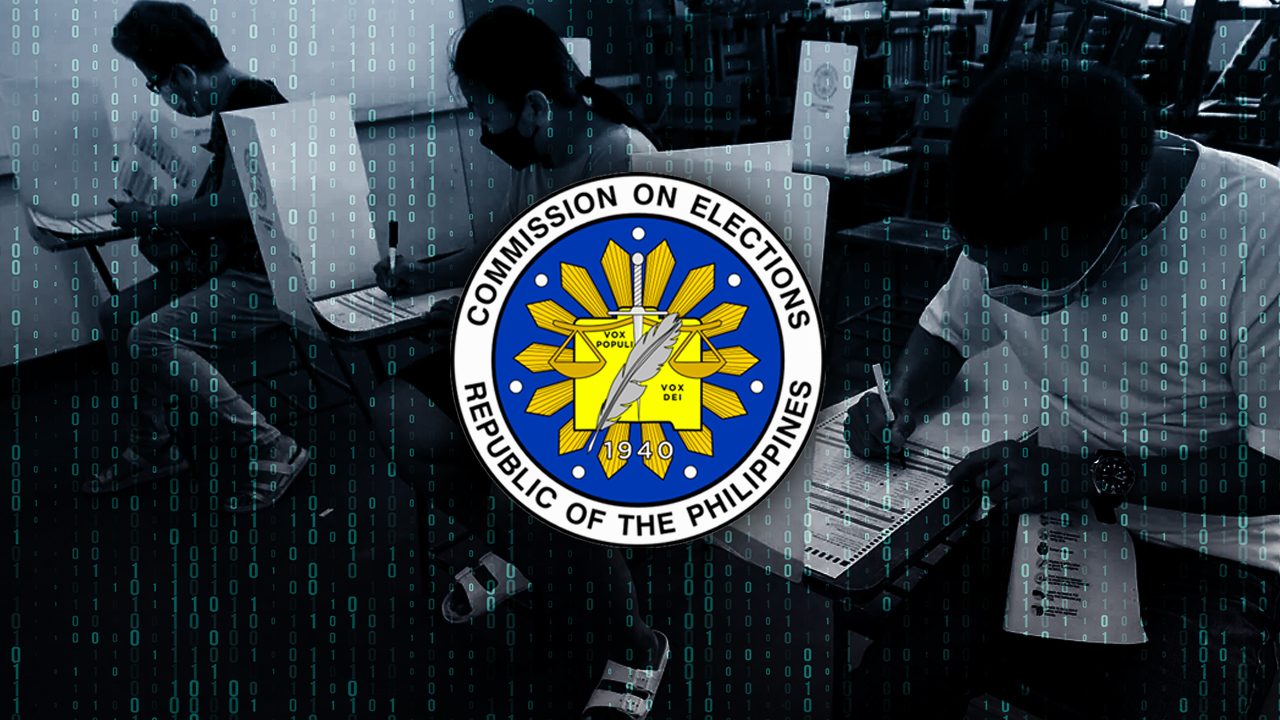
Watchdogs and government agencies recommended that the Commission on Elections (Comelec) draw up a mechanism that would make it easier to alert the poll body about potential hacking incidents.
This came in the wake of a Manila Bulletin report of an alleged data breach into the Comelec’s servers, with hackers supposedly stealing 60 gigabytes’ worth of sensitive election-related data. The poll body has since denied the claims made in that story.
On Tuesday, January 18, the Comelec met with the Cybercrime Investigation and Coordinating Center (CICC) to discuss the Bulletin report.
Law enforcement agencies and watchdogs National Citizens’ Movement for Free Elections (Namfrel) and Parish Pastoral Council for Responsible Voting (PPCRV) also took part in the dialogue.
“Various agencies gave recommendations on moving forward,” Comelec spokesman James Jimenez said in a text message. “The most prominent recommendations included the establishment of an incident reporting system to deal with future reports of data breaches.”
PPCRV confirmed to Rappler that it was among those who made the recommendation.
“This report is not the first nor should it be the last. Each report must be investigated and handled carefully. Thus, investments in this are necessary,” PPCRV chief technology officer William Yu said.
“It is recommended that COMELEC attempt to look deeper into the information provided in the leak report to rule it out entirely. There might be improvements in various processes that can further enhance security,” he added.
Namfrel had also earlier raised the creation of an incident reporting system following the release of Bulletin‘s article.
“[The incident response team’s] primary responsibility includes developing a proactive incident response plan, conducting vulnerability assessment of the Comelec’s technology infrastructure, including the automated election system, resolving system vulnerabilities, implementing strong information security practices, and addressing information security incidents,” Namfrel said on January 13.
The Bulletin‘s tech editor, Art Samaniego, earlier took a swipe at the Comelec, saying his team’s eight-paragraph story dated January 10 would not have been published had the poll body gotten back to him with a denial after he forwarded the information he received.
Jimenez disputed that, and said the Comelec took its time to validate Samaniego’s information, and went through the proper channels before issuing a formal response.
‘In consensus that there was no hacking’
Samaniego has stood by his team’s story, claiming it was based on screenshots and a 44-page PDF file, among other things. But the Bulletin’s methodology in verifying the screenshots remain unclear.
The poll body has since pointed out loopholes in the report, including the claim that the PINs and passwords of vote-counting machines were stolen by hackers.
The Comelec has repeatedly said that the data the Bulletin claims to have been stolen were not yet in the system.
During Tuesday’s meeting, attendees agreed that no hacking of the Comelec servers took place, Jimenez said.
In a statement to Rappler on Thursday, January 20, the Department of Information and Communications Technology, which participated in the dialogue, also vowed to “undertake the necessary measures to ensure a fair and secure electoral process.”
The National Bureau of Investigation already inspected the Comelec warehouse in Laguna on Saturday, January 15, and said it is “convinced” no data breach of the Comelec servers happened.
The National Privacy Commission is set to meet virtually with the Comelec, Bulletin, and Samaniego on January 25 to clarify details of the supposed hacking incident.

In 2016, the poll body grappled with a major hacking incident two months before the polls, with hackers leaking a voter records database online.
The scandal, now known as “Comeleak,” is considered the biggest leak of personal data in Philippine history, and among the biggest breaches of a government-held database in the world. – Rappler.com
Add a comment
How does this make you feel?






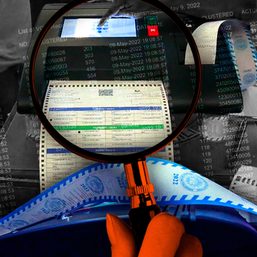

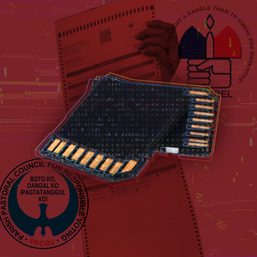




![[New School] Tama na kayo](https://www.rappler.com/tachyon/2024/02/new-school-tama-na-kayo-feb-6-2024.jpg?resize=257%2C257&crop=290px%2C0px%2C720px%2C720px)
![[Only IN Hollywood] After a thousand cuts, and so it begins for Ramona Diaz and Maria Ressa](https://www.rappler.com/tachyon/2024/02/Leni-18.jpg?resize=257%2C257&crop=262px%2C0px%2C720px%2C720px)


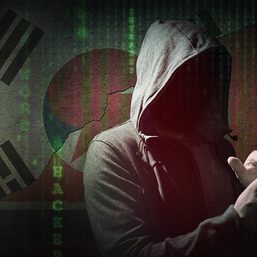

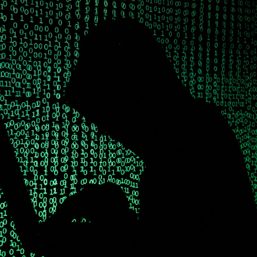
There are no comments yet. Add your comment to start the conversation.